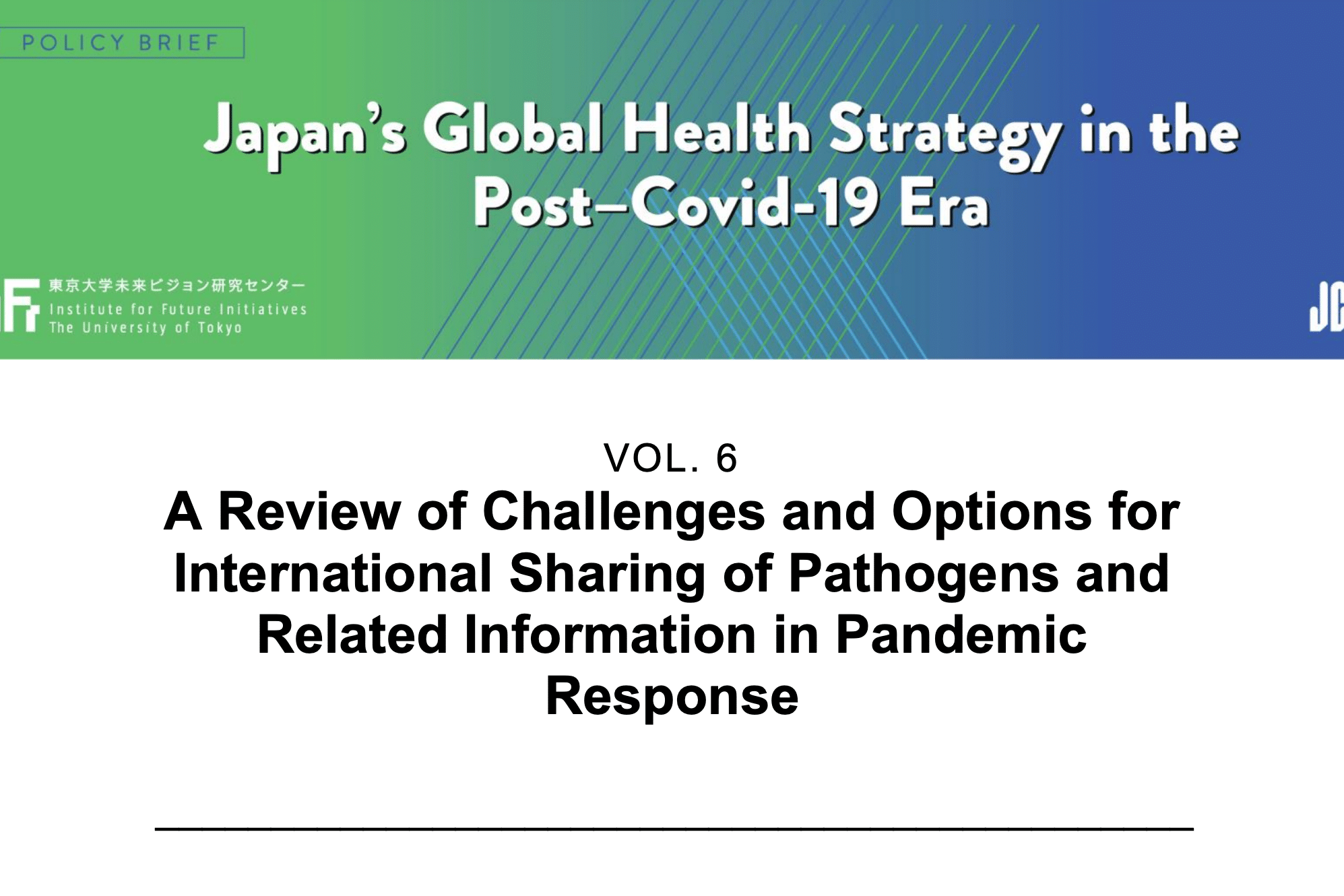
Building Resilient Preparedness: Future Pandemic Response Strategies
The challenges presented by pandemics underscore the critical need for forward-thinking and adaptive response strategies. In this exploration, we delve into the key components of future pandemic response strategies, emphasizing the importance of resilience and preparedness.
Learning from Past Pandemics
A fundamental aspect of shaping future pandemic response strategies lies in learning from the experiences of past pandemics. Analyzing historical outbreaks provides valuable insights into the dynamics of infectious diseases, the effectiveness of response measures, and areas that require improvement. These lessons form the foundation for building more resilient and adaptive strategies.
Integrated Healthcare Systems for Coordinated Response
Future pandemic response strategies prioritize the integration of healthcare systems. Coordinated efforts among healthcare providers, governments, and international organizations enhance the flow of information, resources, and expertise. Integrated healthcare systems ensure a more unified and efficient response to the complex challenges posed by pandemics.
Early Warning Systems and Predictive Modeling
Early detection is crucial in mitigating the impact of pandemics. Future strategies leverage advanced technologies, such as predictive modeling and early warning systems, to identify potential outbreaks before they escalate. These tools enable authorities to implement timely interventions, reducing the spread of infectious diseases and minimizing the strain on healthcare systems.
Strategic Stockpiling and Supply Chain Resilience
Building resilience involves strategic stockpiling of essential medical resources and ensuring the resilience of supply chains. Future pandemic response strategies prioritize the maintenance of adequate reserves, including personal protective equipment (PPE), medications, and other critical supplies. Strengthening supply chain resilience guarantees a more sustained response capability during crises.
Community Engagement and Public Awareness
Empowering communities through education and engagement is central to effective pandemic response. Future strategies focus on enhancing public awareness, providing clear and transparent information, and fostering a sense of shared responsibility. Engaged and informed communities play a crucial role in adhering to preventive measures and supporting overall response efforts.
Global Collaboration for Timely and Coordinated Action
In an interconnected world, global collaboration is imperative. Future pandemic response strategies emphasize international cooperation, information sharing, and collaborative action. Establishing networks that facilitate the exchange of data, resources, and expertise ensures a more coordinated and timely response to pandemics, transcending geographical boundaries.
Technological Innovations and Telemedicine Solutions
The integration of technological innovations is a hallmark of future pandemic response strategies. Telemedicine solutions, data analytics, and artificial intelligence contribute to more efficient healthcare delivery, remote patient monitoring, and early detection. Embracing technology ensures a proactive and adaptable response to the evolving landscape of infectious diseases.
Adaptive Public Health Policies and Governance
Future strategies recognize the need for adaptive public health policies and governance structures. Policies should be agile, evidence-based, and responsive to evolving circumstances. Regular reviews and updates ensure that public health measures align with the latest scientific understanding and the specific characteristics of the ongoing pandemic.
Environmental Stewardship and One Health Approach
Addressing the root causes of pandemics involves environmental stewardship and adopting a One Health approach. Future strategies emphasize sustainable practices, conservation efforts, and responsible wildlife management to prevent the spillover of pathogens from animals to humans. A holistic One Health approach considers the interconnectedness of human, animal, and environmental health.
Future Pandemic Response Strategies: Navigating Challenges Ahead
For a deeper understanding of the strategies shaping the future of pandemic response, explore Future Pandemic Response Strategies. These strategies, rooted in resilience, integrated healthcare, early detection, supply chain resilience, community engagement, global collaboration, technological innovations, adaptive policies, environmental stewardship, and a One Health approach, pave the way for a world better prepared to navigate the challenges of pandemics with agility and compassion.
